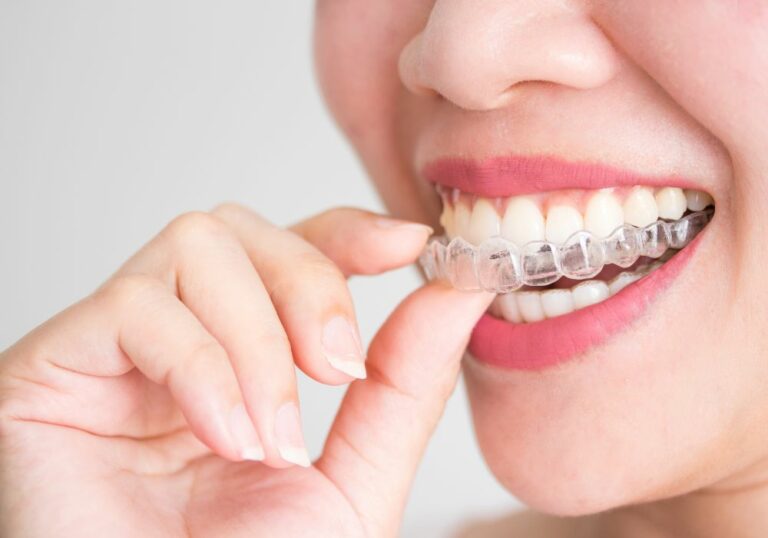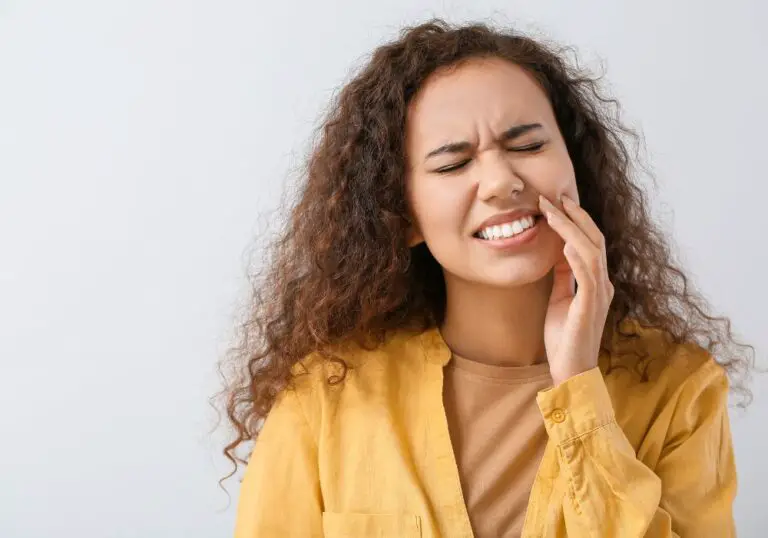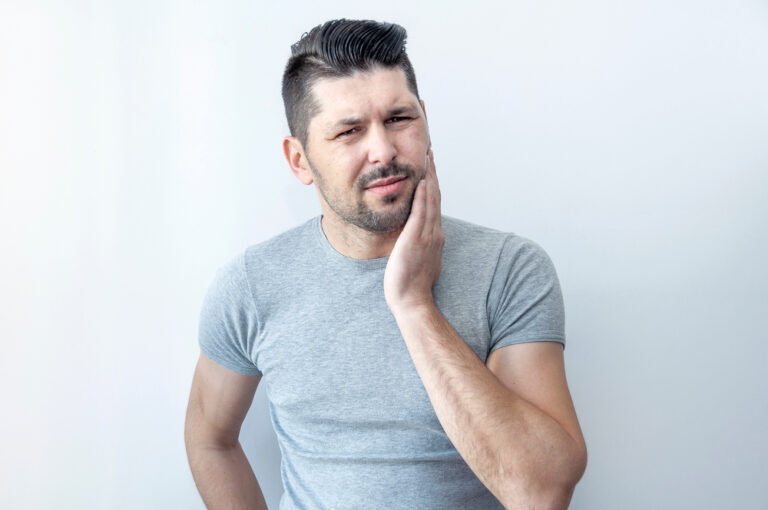What happens if you don’t brush your teeth? It’s a question that you don’t want to think about when it comes to your own personal hygiene. However, it’s important to know just how vital brushing your teeth is.
Whether you’re just curious or want to scare someone into brushing their teeth, here we’ll see exactly what happens! We’ll also have a look at the associated health problems with not brushing your teeth and some tips to keep them clean. Let’s get started!
What Happens If You Don’t Brush Your Teeth
Whenever you don’t brush your teeth, they will quickly develop a layer of plaque on them. This plaque contains many different types of bacteria which can cause a wide range of problems, which includes infections.
Not only can that bacteria cause infections, but the bacteria will also secrete acid which will wear away at the enamel. These infections and corrosive qualities will only get worse over time until eventually, your teeth will fall out.
Problems Caused by Poor Oral Hygiene
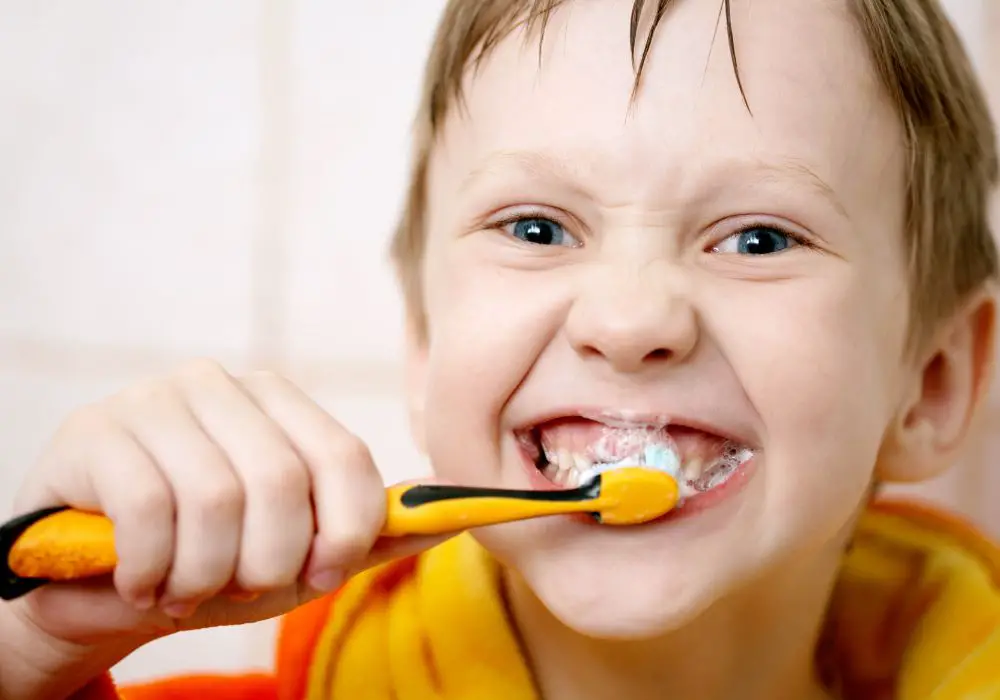
As mentioned there, if bacteria is allowed to fester in your mouth then you’re going to have plenty of problems. Here we’ll take a closer look at what happens if you don’t brush your teeth.
1. Cavities
Cavities are caused by the acid secreted by bacteria. These bacteria will particularly produce high levels of bacteria when they can feast on sugars. When not cleared away, this acid will start to eat away at the tooth.
Eventually, this will start to create a hole in the tooth, called a cavity. If left unchecked, this cavity will only ever get bigger until it eats its way completely through the tooth and exposes the nerves underneath. If it does, you won’t have much of the tooth left and you’ll be in extreme pain.
2. Gum Disease
There are two types of gum disease that can be caused by not brushing your teeth which are gingivitis and periodontitis.
- Gingivitis – As the plaque builds up, your body will start to try and fight the bacteria and this will lead to an inflammation of the gums. Here your gums will be both red and sensitive, but they’ll also bleed. Your gums may also start to recede, which increases the chances of your teeth falling out.
- Periodontitis – If you don’t do anything about it, then gingivitis will eventually turn into periodontitis. This is a bone infection and can cause your whole body to have an inflammatory response. Your teeth will also fall out.
3. Bad Breath
While obviously not as bad as the infections above, bad breath for many can be a huge problem. The cause of this is again the bacteria that will be multiplying in your mouth. The longer you don’t brush your teeth, the worse your breath will get and the more people will notice.
4. Other Health Issues
There are many other health conditions that are associated with not brushing your teeth. These conditions are linked to the inflammatory response that your body will undergo if it has to start fighting periodontitis.
The linked conditions include heart disease, diabetes, dementia, pneumonia, and cancer. These conditions usually aren’t directly linked to not brushing your teeth but are the result of poor hygiene and a weakened immune system.
However, the evidence seems quite clear. If your body is fighting an infection in your mouth, then its defenses are going to be weaker elsewhere in the body. This can make the consequences of periodontitis much worse than just missing teeth.
5. Yellow Teeth
Another consequence of not brushing your teeth is that they will start to become yellow. The reason for this is due to the different layers of our teeth. The top layer that we want to protect is called enamel, which is white.
Underneath that layer of enamel is a calcified substance called dentin. As the enamel starts to wear away, this dentin starts showing through, which is yellow. Brushing alone won’t restore that whiteness but there are professional treatments that will.
Even if you brush your teeth every day your teeth will start to get yellower over time. However, with not brushing your teeth, those acids will wear away at your enamel and they’ll become yellow very quickly.
How Long Can You Go Without Brushing Your Teeth?

This is a difficult question to answer for several reasons. Everyone is different and therefore will react in different ways to not brushing their teeth. For example, some people naturally have stronger enamel while others have a naturally low volume of bacteria in their mouth.
If you generally have a good brushing schedule but don’t brush your teeth for one day, then nothing terrible is going to happen aside from having a layer of plaque on your teeth and bad breath. However, there would have been some minor damage to your teeth.
That is probably the main issue with trying to get people to brush their teeth. Immediate damage is not noticeable, but you’ll start to get problems in the long term as that acid gradually wears away at your teeth.
So how long can you go without brushing your teeth? The true answer is that probably less than 24 hours until your start to receive some damage. However, you’ll need to stop brushing for quite a long time for any damage to become immediately noticeable.
Not Brushing Timeline
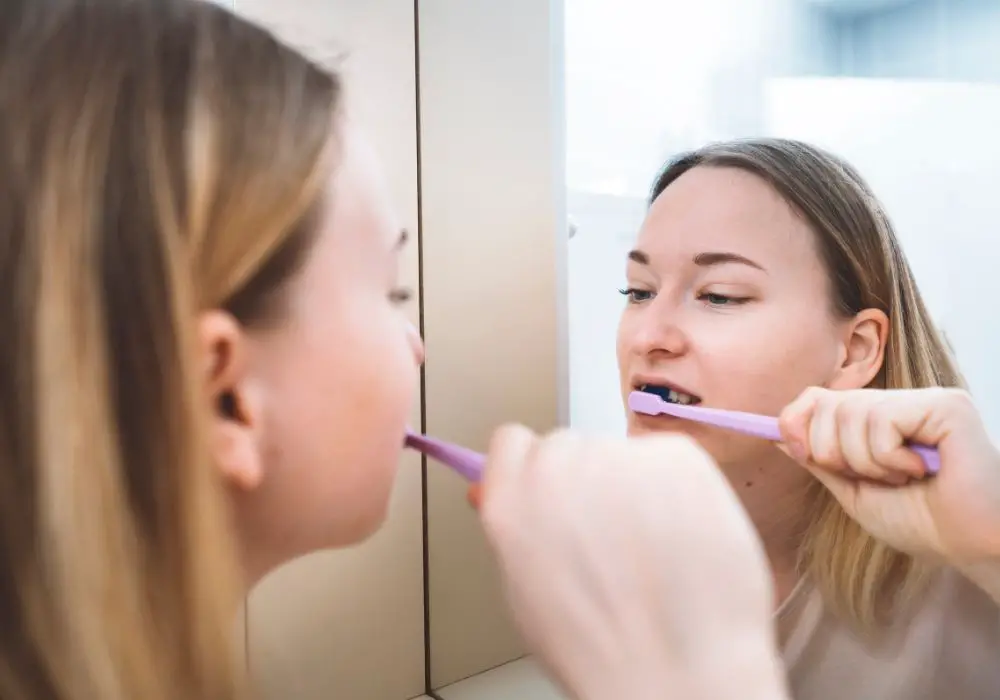
To give you a clear idea of what happens when you don’t brush your teeth, let’s look at a timeline.
- One Day Without Brushing – After a day without brushing, plaque will start to form on your teeth, which you’ll be able to feel with your tongue. This plaque contains bacteria that will start to secrete acids and eat away at your teeth.
- One Week Without Brushing – At this point, that acid has been wearing away at your teeth for seven days. Minerals would start to be lost from your teeth any cavities that you previously had would start to grow.
- One Month Without Brushing – After around a month, your teeth would likely start to get sensitive, and you’ll have increased tooth pain. Cavities will start to get deeper and gum disease starts becoming a real possibility as bacteria grow around your gumline.
- One Year Without Brushing – With a full year without brushing, gum disease is likely quite advanced. Here your teeth will be vulnerable to falling out and your immune system would be lowered due to your body fighting off an infection.
At this stage, your overall health may suffer and you are less likely to be able to fight off any other diseases that you have.
How To Keep Your Teeth Clean
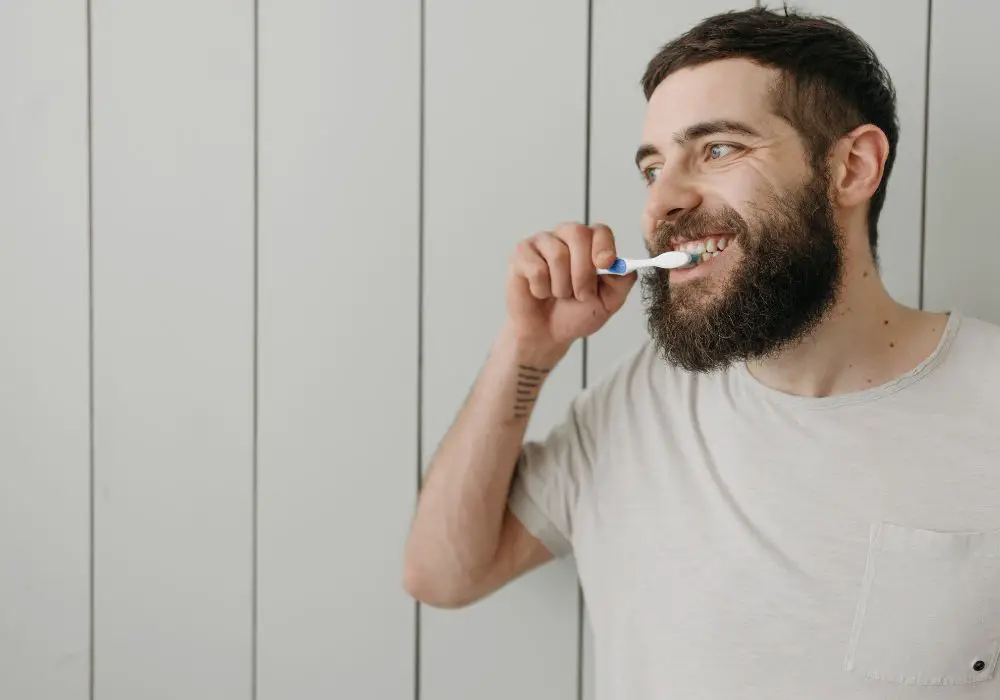
All the problems that we’ve looked at above can be solved with good oral hygiene. Here’s what you should be doing to keep your teeth in their best possible condition.
- Brushing – The most obvious thing you can do to keep your teeth clean is to brush your teeth. You don’t need to do this several times a day but simply brushing them twice a day for two minutes each time will be enough to keep them clean.
- Flossing – Not many people floss but everyone should. This will clean food debris from between your teeth and prevent bacteria growth. If you don’t like the idea of flossing then using an interdental toothbrush or water flossing are good alternatives.
- Check Ups – No matter how well you brush, you’re likely to miss spots. Getting your teeth professionally cleaned and having them checked can prevent small issues from turning into much bigger ones.
- No Smoking – It’s nothing new to claim that smoking is bad for your teeth as we’ve known about it for a long time. Continued smoking will not only quickly yellow your teeth but it will also increase your likelihood of periodontal disease.
- Mouthwash – You shouldn’t use mouthwash as a replacement for brushing but it can be a great tool alongside it. It will help to neutralize the acid in your mouth and remove any food debris that you happen to miss with your brush.
- No Sugar – Bacteria love sugar and more bacteria means more acid. You should cut down on your sugar intake and if you do want to treat yourself, then make sure that you brush your teeth shortly afterward.
- Fluoridated Water – The tap water that you already drink most likely contains fluoride, which is a natural mineral that protects enamel. This will help to prevent tooth decay but it’s important to only consume fluoride in the recommended quantities.
Conclusion
As we’ve seen, the consequences of not brushing your teeth in the long term can be quite dire. You’ll eventually get gum disease which will not only destroy your teeth but can leave you vulnerable to many other conditions due to a lowered immune system.
While nothing terrible is going to happen if you skip a day of brushing, any plaque that you have will wear away at your enamel. If you regularly miss brushing your teeth, then this will likely lead to tooth pain, cavities, and increased sensitivity.

